Childcare Educator Roles and Responsibilities
Discover the essential roles and responsibilities of a childcare educator in Australia. Learn about qualifications, skills, and career prospects in this rewarding field.
Whether you're considering a career in early childhood education or looking to understand more about this vital profession, this guide will provide all the necessary information.
What is a Childcare Educator?
A childcare educator is a professional responsible for young children's care, supervision, and education. They play a crucial role in supporting the development and well-being of children during their formative years. Childcare educators work in various settings, including daycare centres, preschools, and early learning centres.
Why Do You Need a Childcare Educator?
Childcare educators are essential for providing children with a safe, nurturing, and stimulating environment. They help children develop social, emotional, cognitive, and physical skills. For parents, having a qualified childcare educator ensures their children are in capable hands, allowing them to focus on work or other responsibilities.
Qualifications and Certifications Required
Certificate III in Early Childhood Education and Care
The Certificate III in Early Childhood Education and Care is the foundational qualification required for entry-level positions in the field of early childhood education. This certificate covers essential topics such as basic childcare practices, child development principles, health and safety standards, and effective communication with children and families. It provides a comprehensive introduction to the skills needed to support young children's learning and development in various early childhood settings.
Diploma of Early Childhood Education and Care
For those seeking more advanced roles within the field, the Diploma of Early Childhood Education and Care is necessary. This qualification builds on the foundational knowledge acquired in Certificate III, offering a deeper understanding of educational theories, leadership skills, and advanced childcare practices. Diploma holders are equipped to design and implement complex educational programs, manage staff, and ensure compliance with regulatory standards. This qualification is essential for roles such as lead educators and centre managers.
First Aid Certification
First Aid Certification is a critical requirement for all childcare educators, as it ensures they are prepared to handle emergencies and provide immediate care to children if needed. This certification covers a range of first aid techniques, including CPR, wound care, and managing allergic reactions. Having a valid First Aid Certification ensures that educators can maintain a safe environment and respond effectively to any incidents that may occur.
Working with Children Check (WWCC)
The Working with Children Check (WWCC) is a mandatory background check for anyone working with children in Australia. This check aims to ensure the safety of children by screening individuals for any criminal history or relevant findings that may indicate a risk to children. Obtaining a WWCC is a legal requirement for all childcare educators and is crucial for building trust with parents and the community.
Roles and Responsibilities of a Childcare Educator
Roles
Early Childhood Teacher
Early Childhood Teachers are responsible for creating and implementing educational programs tailored to young children's developmental needs. They design age-appropriate curriculum plans that promote cognitive, emotional, social, and physical growth. These educators also conduct assessments to monitor children's progress and adapt their teaching strategies to meet individual needs.
Early Childhood Educator (Assistant)
Early Childhood Educators, often referred to as assistants, play a supportive role in delivering educational activities and caring for children. They work closely with lead teachers to implement daily routines and educational programs. Their responsibilities include assisting with classroom management, preparing learning materials, and providing individualized attention to children to enhance their learning experiences.
Childcare Centre Manager
Childcare Centre Managers oversee the overall operations of childcare centres. Their duties include managing staff, ensuring compliance with regulatory requirements, handling administrative tasks, and maintaining a safe and nurturing environment for children. Managers also collaborate with parents and the community to promote the centre's programs and services.
Family Day Care Educator
Family Day Care Educators provide care for children in a home setting. They offer a flexible and personalized approach to childcare, catering to the individual needs of each child. These educators are responsible for creating a safe, stimulating, and homely environment where children can learn and play.
In-Home Care Educator
In-Home Care Educators offer childcare services within the family's home. This role is ideal for families requiring tailored care due to unique circumstances, such as shift work or geographical isolation. In-Home Care Educators design and implement educational activities that align with the family's values and routines.
Special Needs Educator
Special Needs Educators work with children who have special educational needs, providing individualized support and tailored educational programs. They collaborate with parents, healthcare professionals, and other educators to develop strategies that promote inclusion and address each child's unique learning requirements.
Responsibilities
Developing Educational Programs
Childcare educators are responsible for developing educational programs that cater to the developmental stages of children. This involves creating curriculum plans that incorporate play-based learning, hands-on activities, and structured educational experiences. These programs are designed to promote cognitive, social, emotional, and physical development holistically.
Supervising and Caring for Children
Ensuring the safety and well-being of children is a primary responsibility of childcare educators. This involves supervising children during activities, maintaining a safe and clean environment, and being vigilant about potential hazards. Educators must also attend to the basic needs of children, such as feeding, toileting, and providing comfort.
Observing and Assessing Development
Childcare educators regularly observe and assess children's development to track their progress and identify any areas of concern. This involves documenting observations, conducting developmental screenings, and using assessment tools to evaluate children's skills and behaviours. These assessments inform the planning of individualized learning experiences and interventions.
Communicating with Parents
Effective communication with parents is essential for fostering strong partnerships and supporting children's development. Childcare educators keep parents informed about their child's progress, share observations and discuss any concerns. Regular communication can take the form of meetings, written reports, or daily conversations at drop-off and pick-up times.
Maintaining a Safe Environment
Creating and maintaining a safe environment is crucial for promoting children's health and well-being. Childcare educators ensure that the physical space is free of hazards, equipment is well-maintained, and hygiene standards are upheld. This includes following safety protocols, conducting regular safety checks, and teaching children about safety practices.
Professional Development
Continuous professional development is important for childcare educators to stay current with best practices and regulatory requirements. This involves participating in training sessions, workshops, and courses to enhance their knowledge and skills. Professional development opportunities also allow educators to learn about new research, innovative teaching strategies, and advancements in early childhood education.
Skills and Experience Needed
Strong Communication Skills: Essential for interacting with children, parents, and colleagues.
Patience and Empathy: Important for understanding and responding to the needs of young children.
Organizational Skills: Necessary for planning activities and managing multiple tasks.
Creativity: Helps in designing engaging and educational activities.
Problem-Solving Skills: Useful for handling emergencies and unexpected situations.
Working Hours and Salary
Childcare educators typically work standard business hours, although some positions may require early morning or late evening shifts. The salary for childcare educators in Australia varies based on qualifications, experience, and location. Entry-level positions typically start around AUD 45,000 per year, while experienced educators and managers can earn up to AUD 80,000 per year or more.
Professional Development and Career Prospects
Continuous professional development is crucial for childcare educators. Engaging in further studies, such as obtaining a Diploma in Early Childhood Education and Care or pursuing specialized certifications, can lead to career advancement opportunities. Experienced educators may move into managerial roles or specialize in areas such as special needs education or curriculum development.
Government Regulations and Standards
Childcare educators in Australia must adhere to regulations and standards set by government bodies such as the Australian Children's Education & Care Quality Authority (ACECQA). These standards ensure high-quality education and care for children and include requirements for staff qualifications, safety, and educational programs. For more information, visit the ACECQA website.
Want to be a Childcare Educator?
If you're interested in advancing your career in early childhood education, consider pursuing further qualifications such as:
These courses can enhance your skills and open up new career opportunities in training and development.
Childcare educators play a vital role in the development and well-being of young children. Understanding the roles, responsibilities, and qualifications required for this profession is essential for those considering a career in early childhood education. By pursuing the necessary training and continuously developing their skills, childcare educators can make a significant impact on the lives of children and their families.
Start Your Education Journey with LOP.
FAQ
What are the primary tasks of a childcare educator?
Answer: Prepare and oversee play and learning items while keeping the environment safe, clean, and appealing. Observe, assess, and document children's learning and development while working closely with parents and other experts. Encourage the inclusion of children with special needs in the program.
What are the five main tasks of an educator?
Answer: Developing, planning, executing, and assessing educational programs and procedures, including adhering to and applying an authorized learning framework. Leading and promoting children's well-being, learning, and growth. Offering pedagogical leadership. coaching, guiding, and overseeing employees.
As an educator, how do you fulfil your responsibilities?
Answer: Supervise and engage youngsters in age-appropriate activities. Assisting in the recording and communication of information on children's growth, behaviour, and progress to their parents, caregivers, and other professionals involved in their lives.
What are your goals as a childcare educator?
Answer: Accept the objective of creating a lifelong love of learning in youngsters. This entails providing an engaging and adventurous learning environment that fosters curiosity and a positive approach to education. By instilling a passion for learning in youngsters, you may lay the groundwork for academic success.
What exactly is my responsibility as an educator?
Answer: Depending on the employment, an educator's duties may include teaching students, meeting with school officials, and developing plans and methods to satisfy students' educational requirements.
What are the responsibilities of early childhood professionals?
Answer: You monitor children's play and interactions, demonstrate how to use things, and offer feedback to help them engage with objects, peers, and adults in the future. Model: Child and youth professionals serve as role models for children, families, and program personnel.
What are the rights of early childhood educators?
Answer: Early Childhood Educators are guaranteed equitable compensation and working conditions under equitable Work. This includes adhering to minimum pay requirements, penalty rates for overtime and weekend work, and entitlements to breaks and leave as specified in applicable awards and agreements.


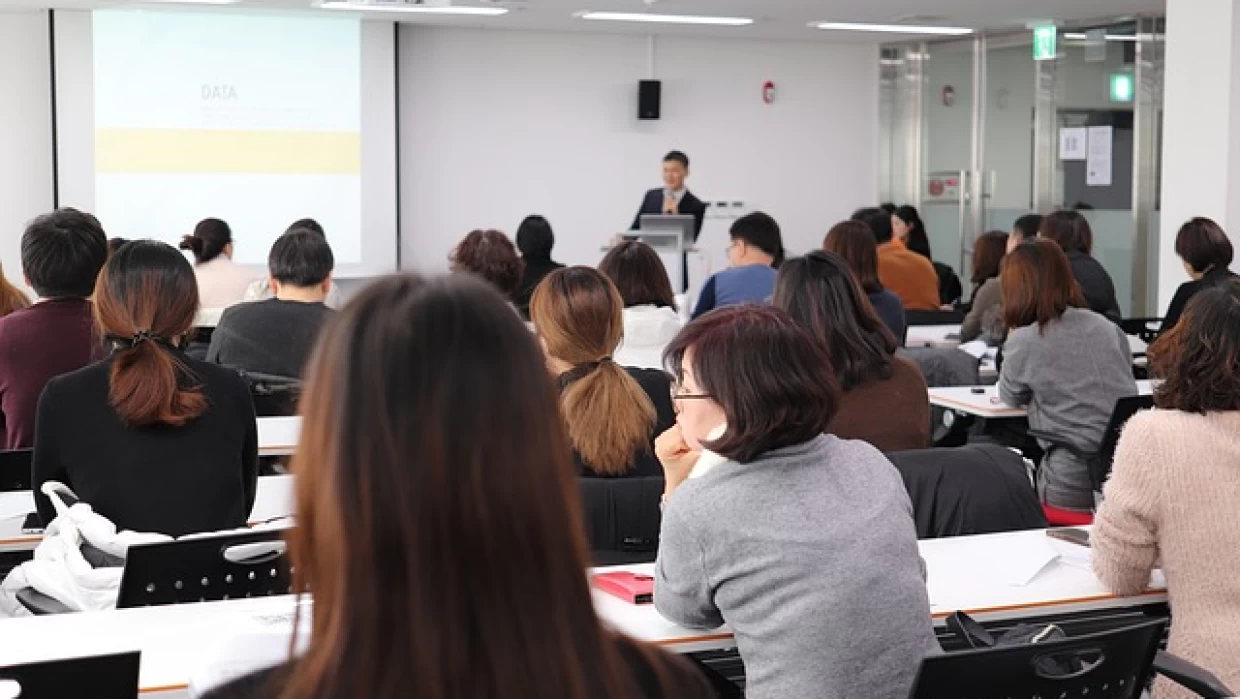



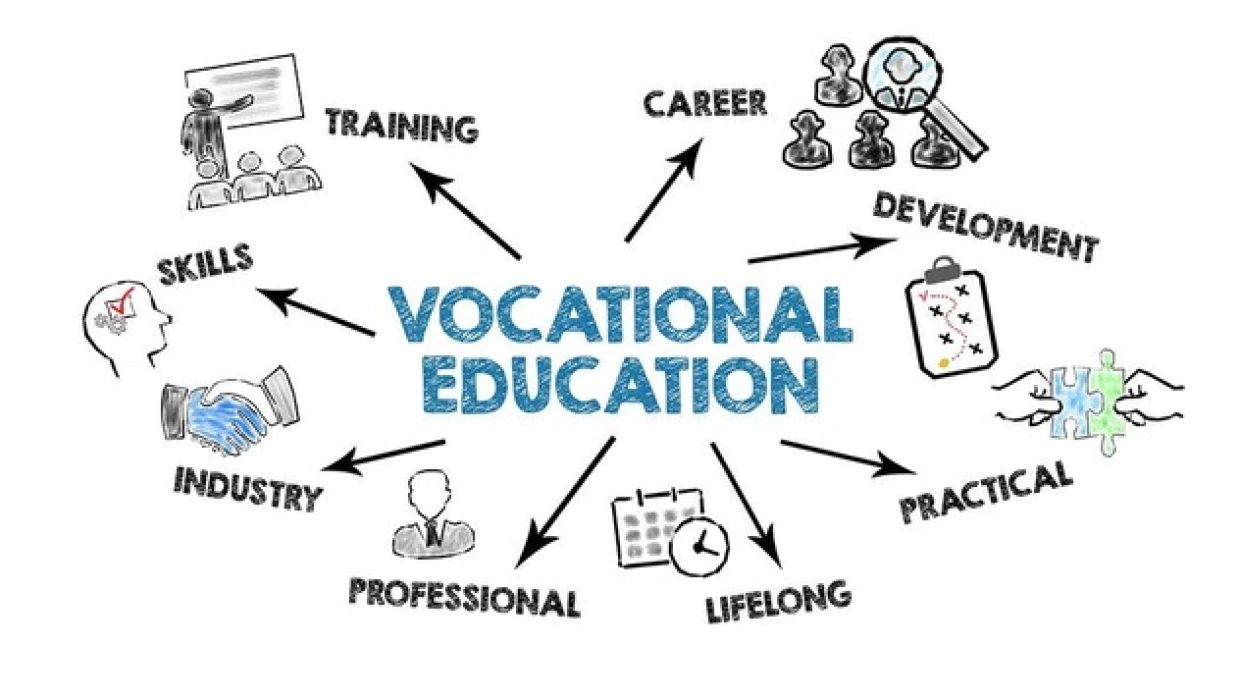
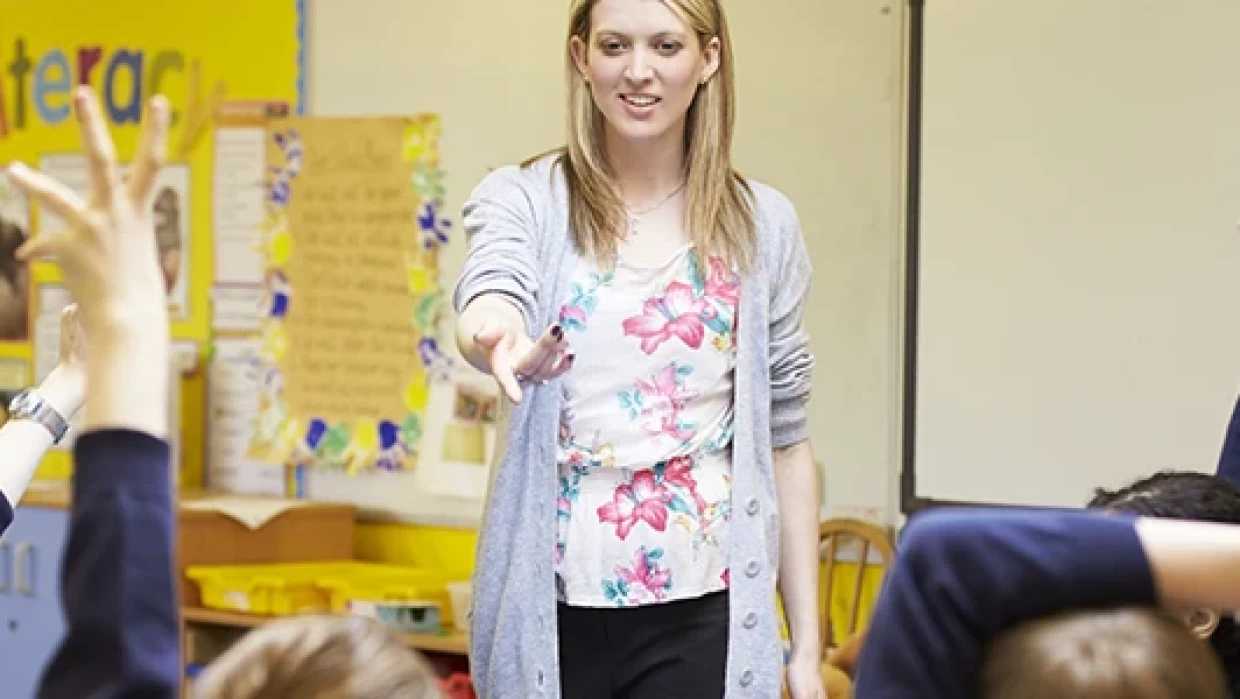

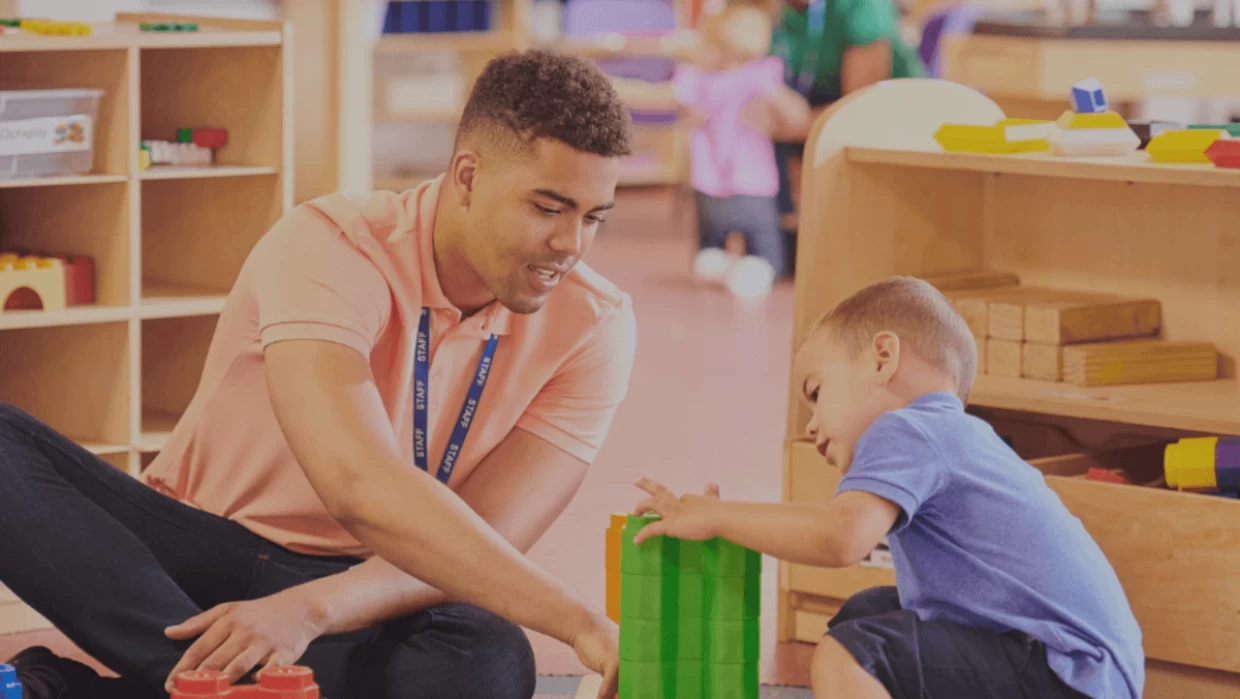

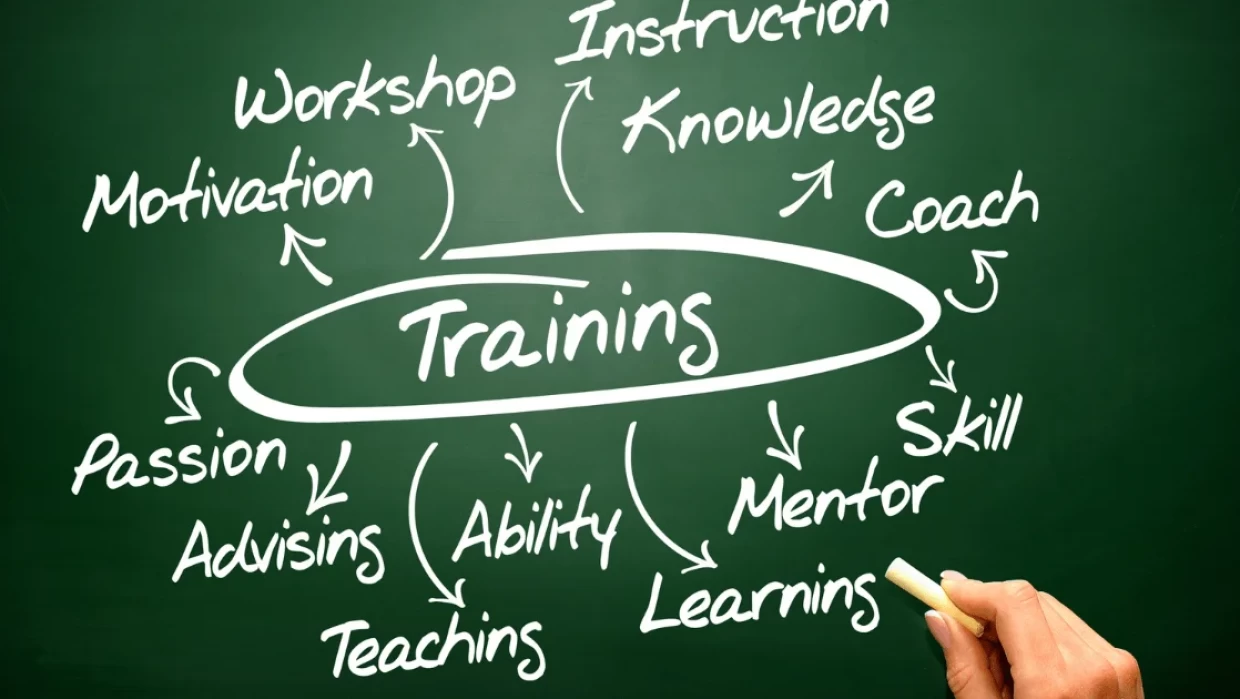

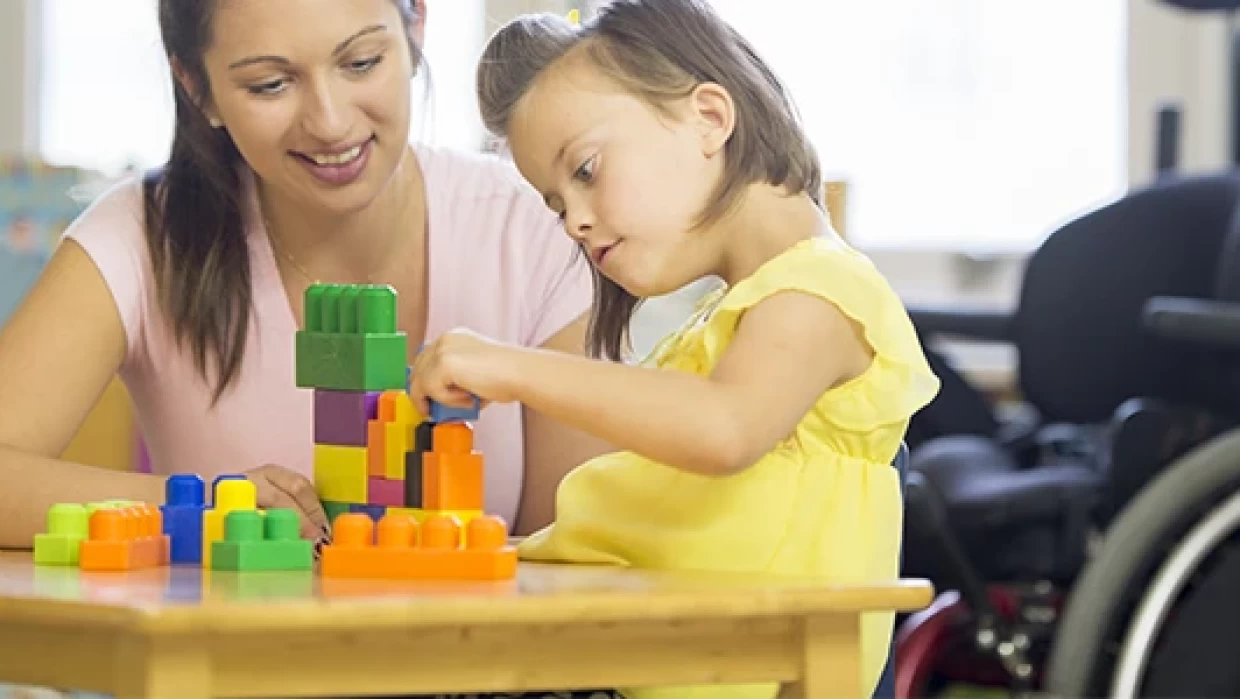
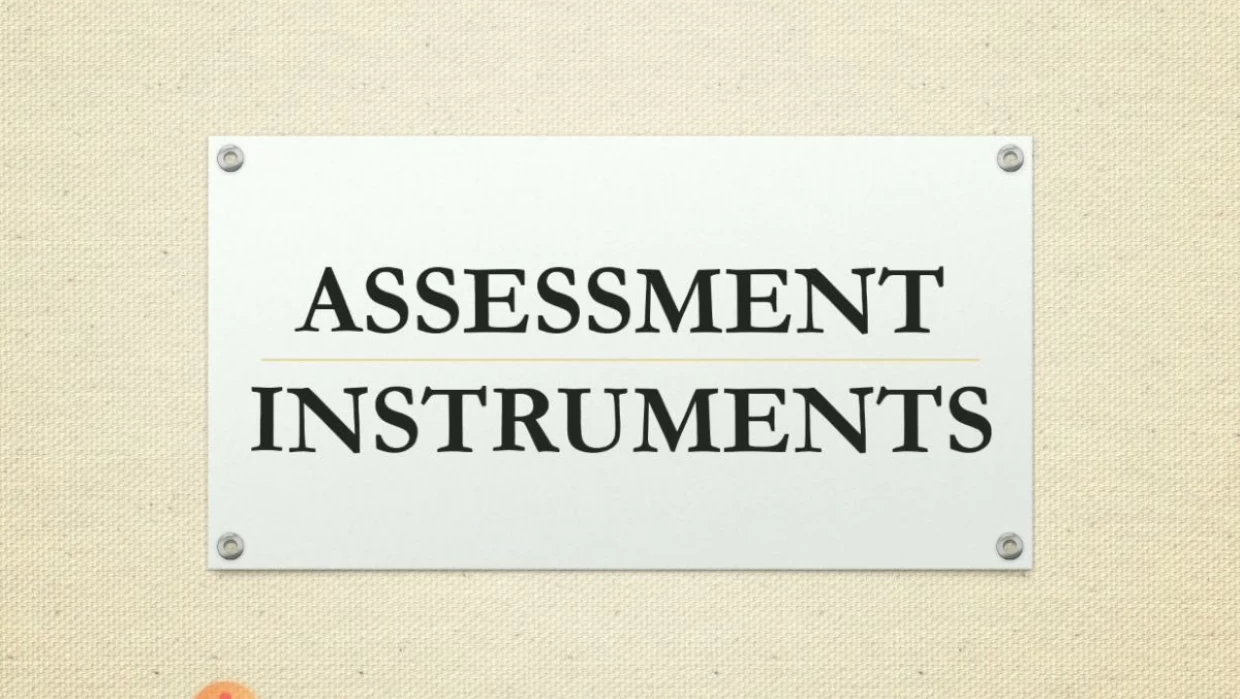


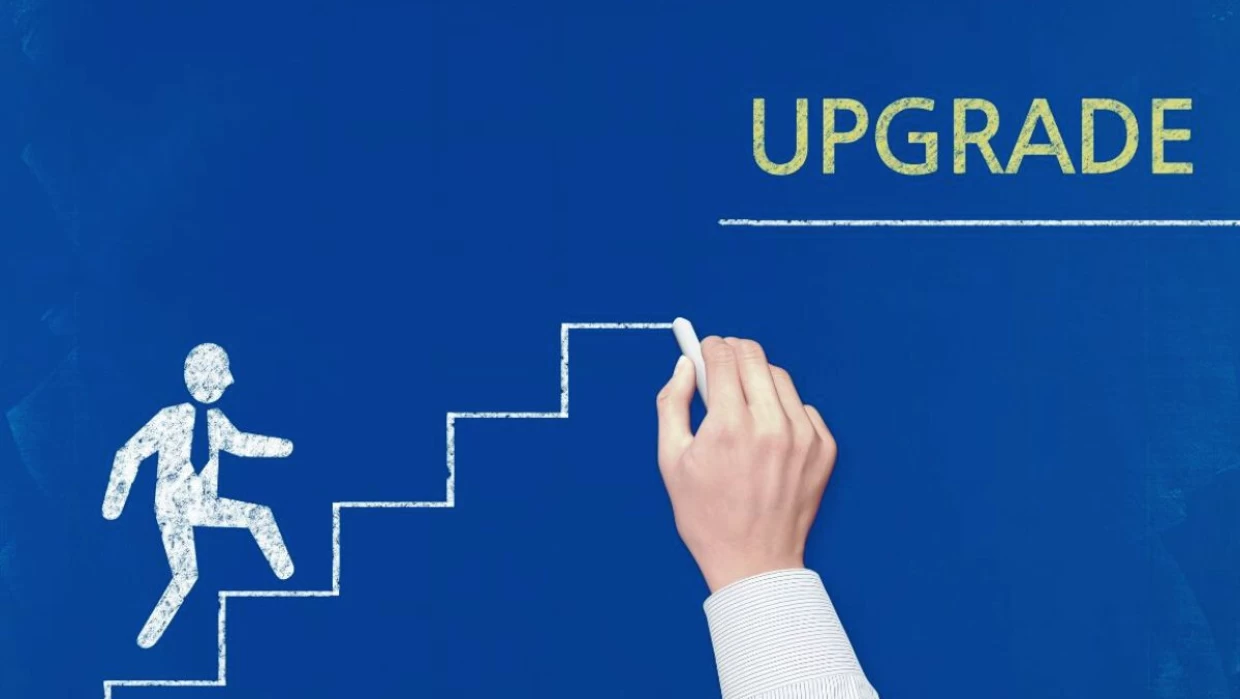
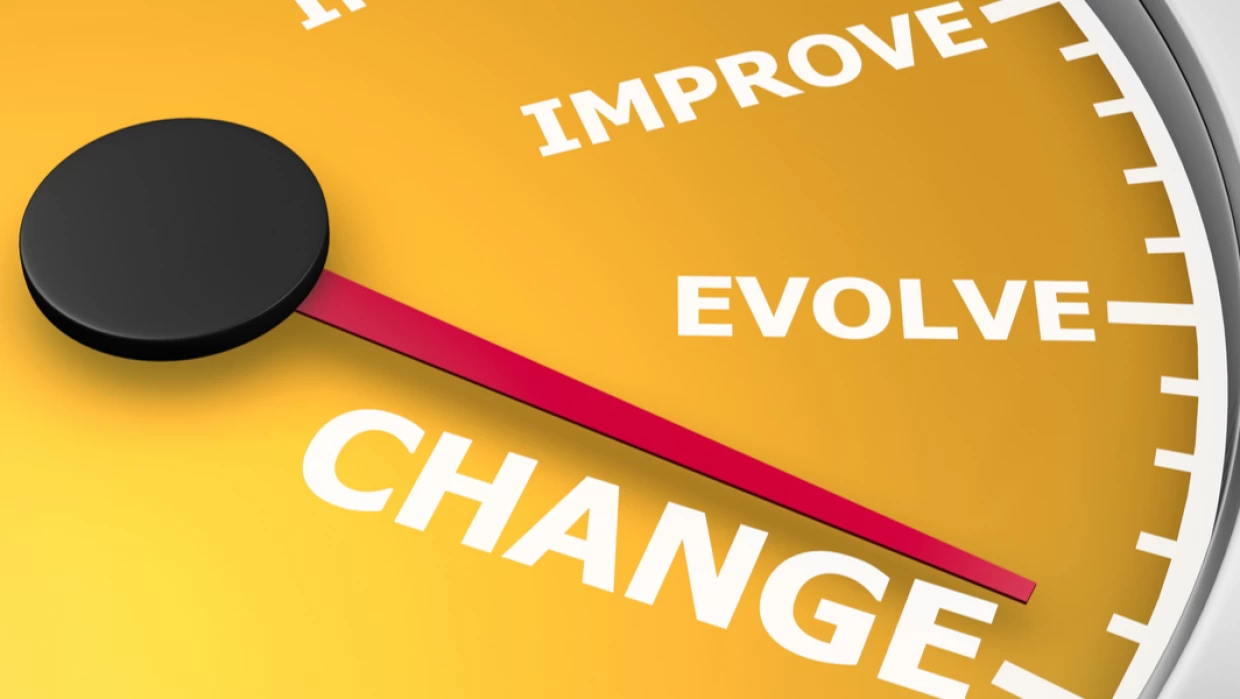

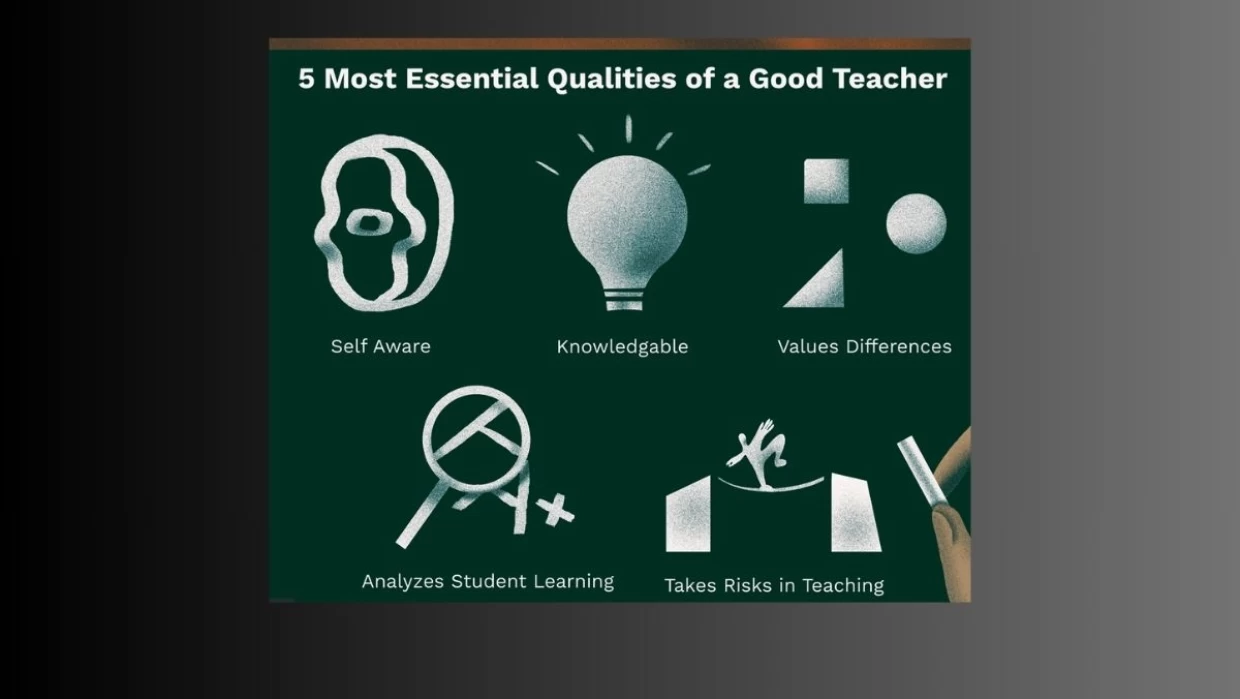
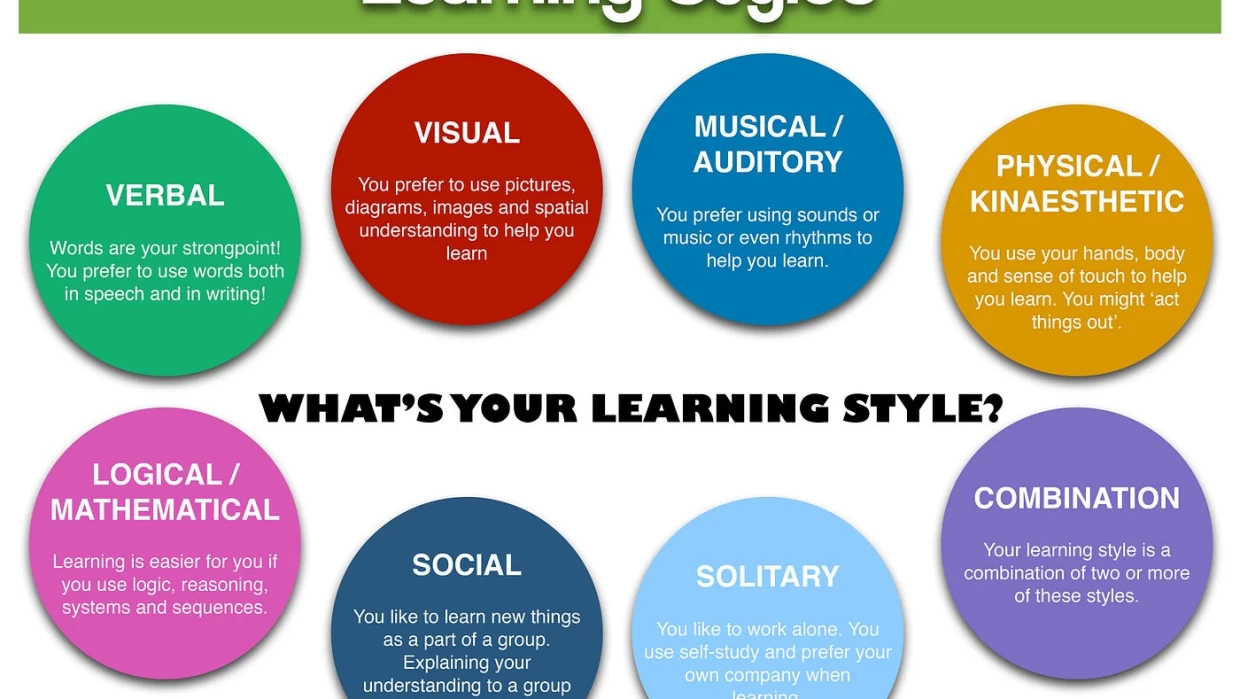
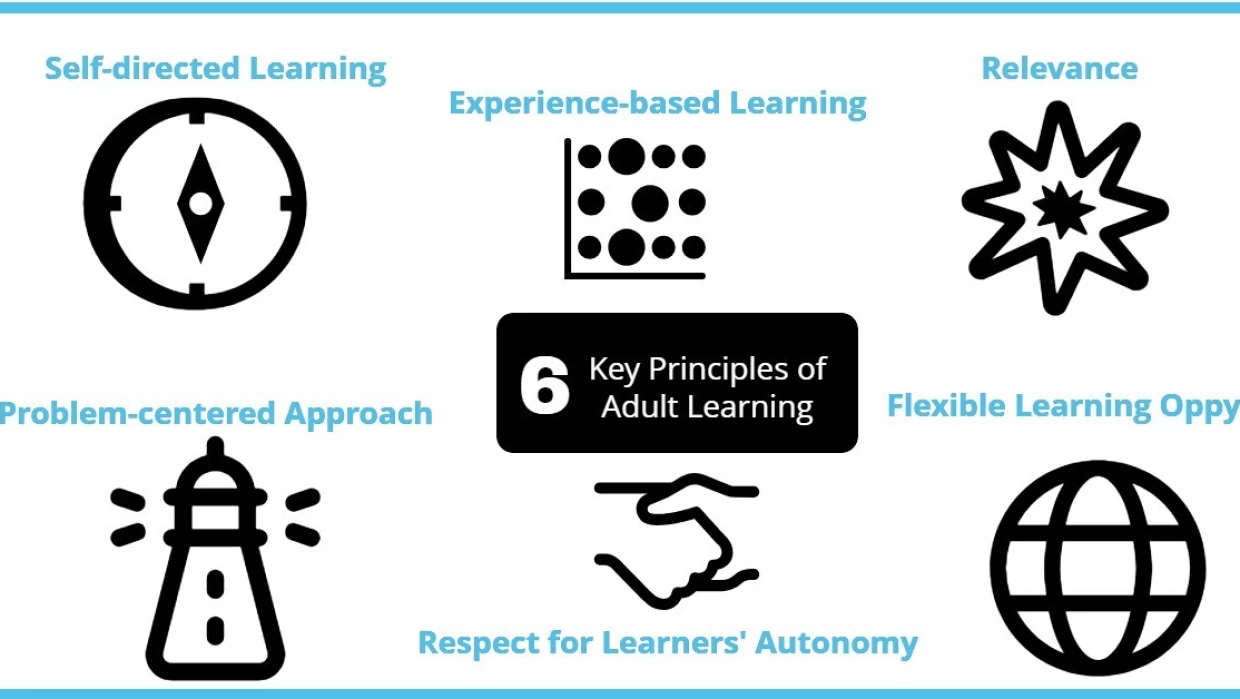













We would be delighted if you could get in touch with us.
Your email address will not be published. Required fields are marked